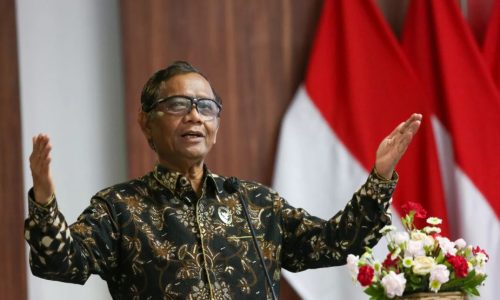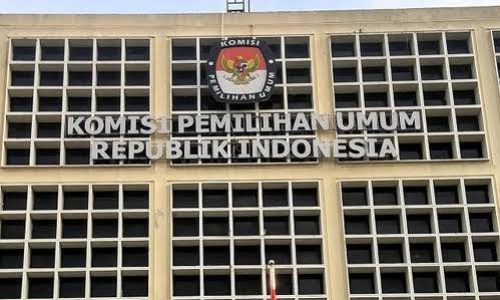In a significant move to bolster the economy, Finance Minister Sri Mulyani Indrawati has unveiled a property tax (PBB) waiver, offering businesses, from palm oil farmers to coal miners, discounts reaching up to a whopping 100%.
This comes on the heels of VAT relief in the property sector, extending the benefits to a wider range of businesses. The announcement is detailed in the Finance Minister Regulation (PMK) No. 129/2023, dated November 30, 2023.
Eligibility and criteria for tax waiver
The new regulation identifies five pivotal business sectors for these tax benefits: plantations, both natural and plantation forests, oil and gas mining, geothermal mining, and mineral or coal mining.
Furthermore, other sectors, excluding capture fisheries and fish farming, are also eligible. While the discounts are enticing, reaching up to 75% and even 100%, they are contingent upon the taxpayer’s specific circumstances.
Dwi Astuti, Director of Extension, Services, and Public Relations at the Directorate General of Taxes (DJP), indicated that the regulation would come into effect on January 1, 2024, emphasizing its intent to streamline administrative processes and provide clarity and convenience in tax reductions.
Economic implications
The rationale behind this move is rooted in the sectors’ substantial contribution to the GDP, with forestry and mining accounting for 13% and 10%, respectively. The government’s strategy aims to bolster economic growth.
However, there’s a fiscal challenge: while some sectors, notably mining, contribute significantly to tax revenue, others, due to the Final Income Tax (PPh) scheme and global commodity price fluctuations, may not. Dwi clarified that the financial implications of the tax reduction are yet to be determined.
The regulation’s focus, PMK No. 129/2023, also extends support to taxpayers with outstanding property tax dues, offering them the chance to seek reductions.
Transition and future outlook
The new regulation supersedes its predecessor, PMK-82, and signifies the government’s efforts to stimulate the economy amidst global uncertainties.
Shinta W. Kamdani, Chairwoman of the Indonesian Employers Association (Apindo), commended the government’s proactive stance, highlighting its foresight in safeguarding the national economy against unforeseen adversities.
However, while the initiative aims to rejuvenate the economy, economists like Prianto Budi Saptono, Executive Director of the Pratama-Kreston Tax Research Institute, believe its fiscal impact remains limited.
Data suggests a minor allocation for property tax in the 2024 State Revenue and Expenditure Budget (APBN), prompting calls for further exploration of revenue potential in the incentivized sectors.
Esther Sri Astuti, from the Institute of Development on Economics and Finance (Indef) Program, echoed this sentiment, emphasizing the need for a balanced approach between fiscal support and revenue generation.









